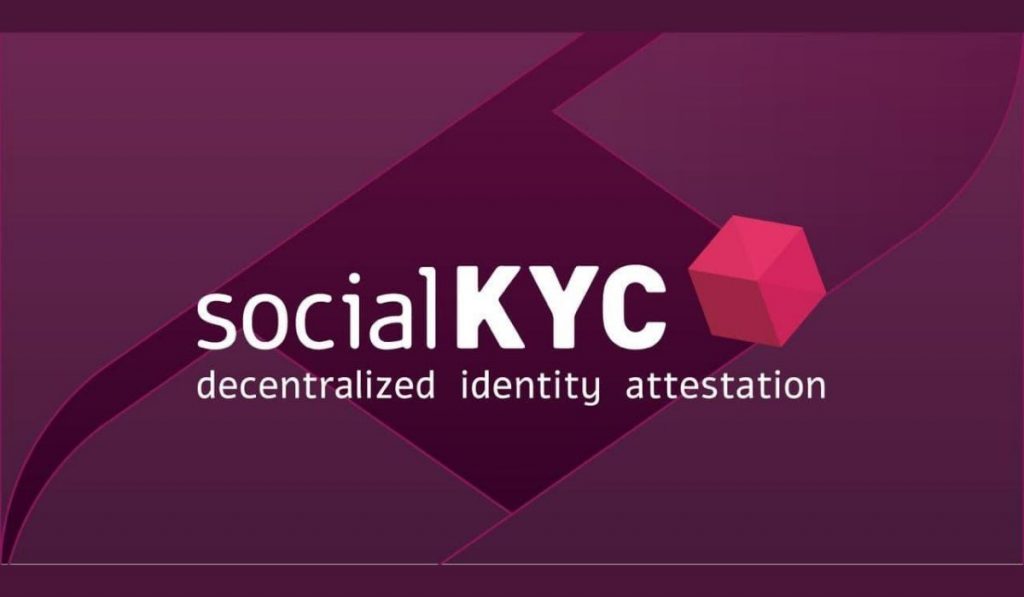B.T.E. BOTLabs Trusted Entity GmbH (B.T.E.), a subsidiary of blockchain company BOTLabs GmbH is pleased to announce that it has launched a decentralized identity service dubbed SocialKYC, to restore control to users.
Being a subsidiary of BOTLabs GmbH, the initial developer of the KILT protocol, B.T.E has built the project on the KILT protocol to enable users to regain control over their digital data.
KILT is a decentralized blockchain identity protocol for issuing self-sovereign, anonymous and verifiable credentials. Therefore, integrating with the KILT wallet will empower SocialKYC in allowing users to manage, store and present their personal credentials, enabling them to select which elements of their private information are accessed by online services.
The project ensures security as it issues credentials to users confirming the ownership of their email address or social media accounts after the user proves that they control the account.
KYC on the other hand is a short abbreviation for “Know Your Customer”. It is a standard practice mandated for users who want to open an account with a bank or exchange to prove that they possess government-issued credentials like a passport.
 
 
Ingo Rübe, the founder of KILT Protocol and CEO of BOTLabs Gmbh commented on the new project and how it works saying;
“Unlike sign-in processes on the internet to date, SocialKYC forgets about the user and the credential as soon as the credential is issued. This avoids your personal data being shared, sold or otherwise ‘monetized’ by third parties without your knowledge or benefit.”
“From brick and mortar to metaverse, there are SocialKYC use case opportunities wherever social trust is needed.”
According to the announcement, users would first create their KILT identity on Sporran, a browser extension for Firefox and Chrome that was created by B.T.E. so as to open and create a Social KYC account. This will serve as a gateway to the KILT blockchain. Sporran serves as a wallet for KILT Coins and KILT credentials, enabling users to manage several identities, create on-chain DIDs (Decentralized Identifiers) for them, and subsequently add Verifiable Credentials to the DIDs.
The team also noted that the credentials for social platforms apart from email and Twitter, such as Discord, GitHub, Twitch, and others will soon be available on SocialKYC.


